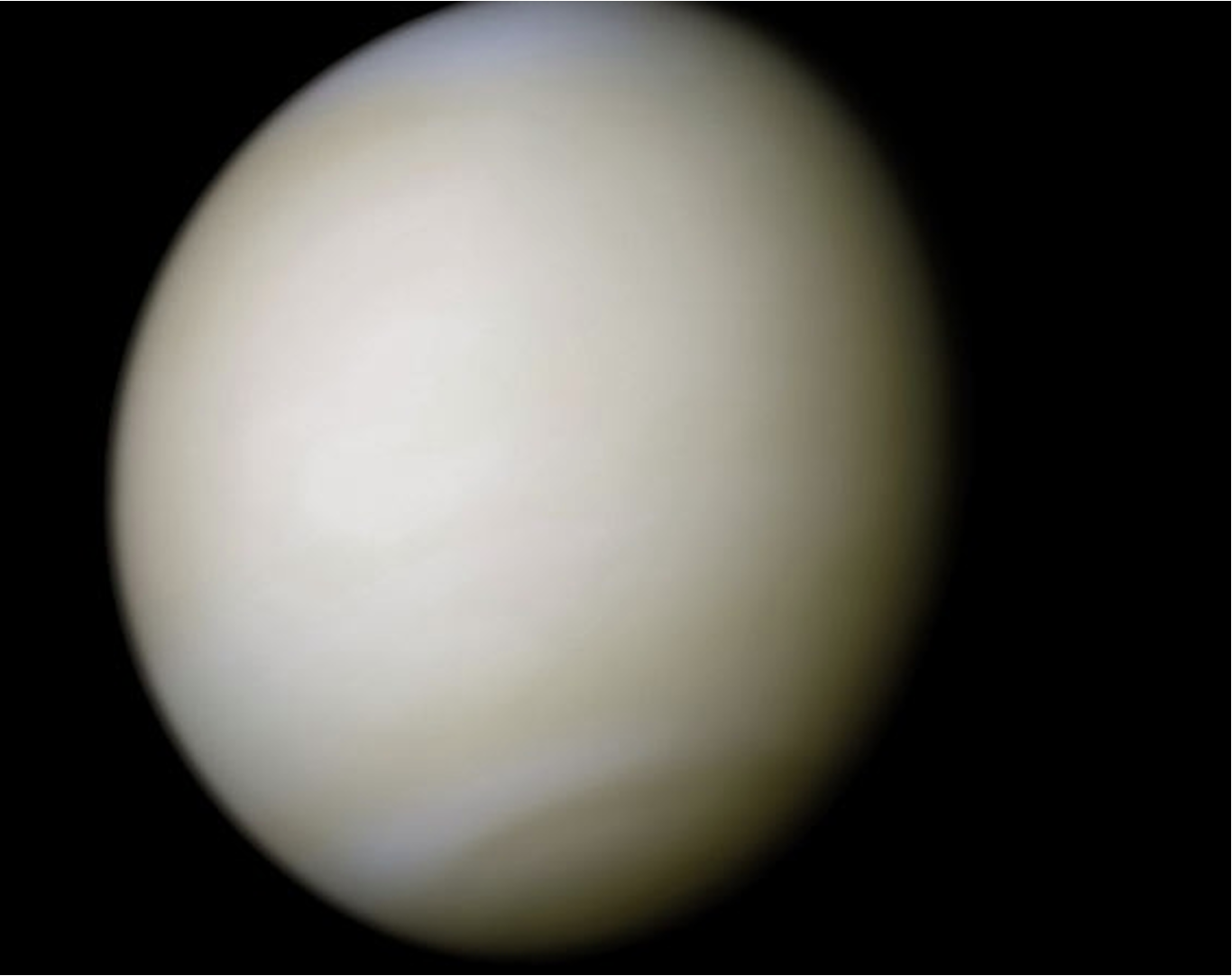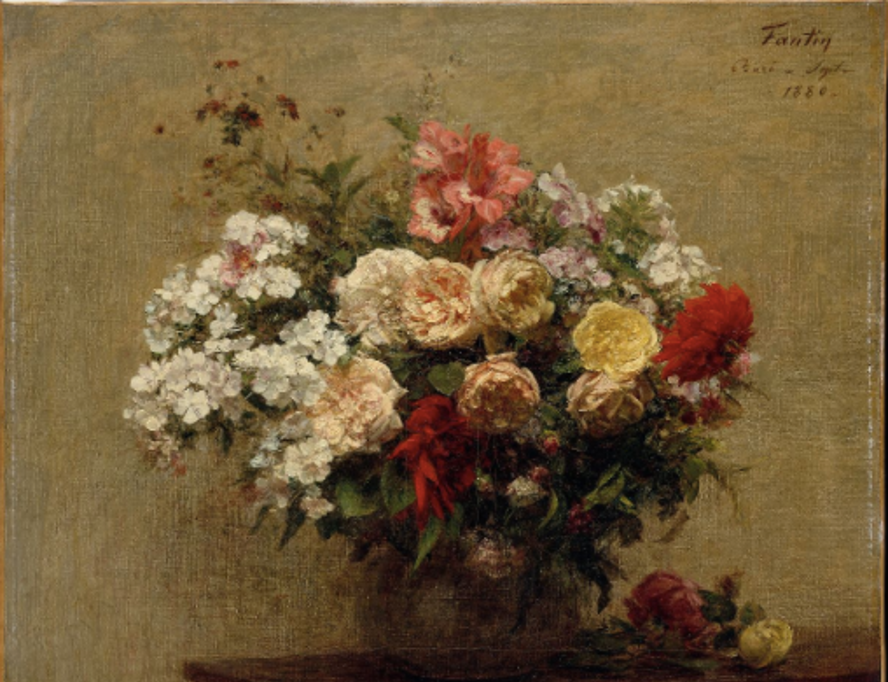Psycho-Cosmos workshop series
“A kind of lucidity, however, might restore her, cut in two, one half alien to the other — fertile soil for delirium.” — Julia Kristeva, Stabat Mater
Each planet has its own time, makes its own patterns. Venus time: she’ll go retrograde March 1st—drop away from and join with the sun, go on a trip in Aries and Pisces, and station direct on April 12th. (Venus retrogrades create strange and unexpected frameworks for thinking about art and life—so I opened a limited number (5 days) of Venus retrograde readings, starting tomorrow). Venus appears to move over the same ground three times.
Currently, she’s in early Aries, in pre-retrograde shadow, i.e. going through the degrees/kingdoms/experiences she will later move through backward. It’s dramatic. What will she find? What’s she leaving, leaving behind? The position of Venus in our own charts can help us find images and language for what we’re inexplicably drawn to and what’s drawn to us. Venusian hospitality. And who haunts us, who we haunt—visit frequently, inhabit. André Breton’s “tell me whom you haunt and I’ll tell you who you are.”
Every 19 months, Venus goes retrograde for about a month and a half. She spends only seven percent of her time in retrograde, less than any planet. “Venus breaks dew at the borders of everything,” writes Lisa Robertson in 3 Summers. And Venus reaches operatic heights in the musical, transverbal sign of Pisces she’ll be retrograding through. “Music melts all the separate parts of our bodies together,” writes Anais Nin. That Venus is exalted in Pisces tells us she seeks both form and formlessness—dissolution, melting.
Sea shells, pearls—-remember, Venus was born of sea foam. So, in Pisces (the very end, but also the before-the-beginning, of the zodiacal experience), she’s exalted because primordially home, born again and again of foam. The twin urges to dissolve and to become a singular body emerging from undifferentiated ocean foam is reflected in her two forms: evening star Venus (fertility, growth) and morning star Venus (war). (Roman astrologer Vettius Valens linked Venus to desire, erotic love, arts, gold jewelry, festivities, precious stones, music, friendships, acquisitions of belongings, weddings, painting, reconciliations.)
Ear, tears, milk, sound, foam, voice. In her incredible essay Stabat Mater (the name of a Latin hymn about the suffering of Mary at the crucifixion) which I think has much to teach about Venus, Julia Kristeva writes:
“Of the virginal body we are entitled only to the ear, the tears, and the breasts. That the female sexual organ has been transformed into an innocent shell which serves only to receive sound may ultimately contribute to the eroticization of hearing and the voice, not to say of understanding. But by the same token sexuality is reduced to mere implication. The female sexual experience is therefore anchored in the universality of sound, since the spirit is equally given to all men, to all women.”
The spirit in the voice, and sexual organs transmuted into shells for receiving intelligence from below and on high. The virginal body, brand new Venus, becomes a voice and a kind of recording device. The capacity for getting captured and for capturing. Singing, podcasting, speaking over air and sea waves, vocal frying into infinity. Given, maybe, to ecstasy, suffering, joy, and also paranoia, delusions. Everything everywhere. Julia Kristeva’s hypothesis, in Stabat Mater, where she unpacks images of the Virgin Mary, is that “the ‘virginal maternal’ is a way, and I might add, not a bad way — of coping with female paranoia.”
About the VOICE, she writes:
“The languages of great civilizations that used to be matrilinear must avoid, do avoid the use of personal pronouns: they leave it up to the context to distinguish the protagonists, and take refuge in tones of voices to recover a submerged, transverbal correspondence of bodies.” Does our contemporary obsession with pronouns have to do with a crisis of bodies, of the feminine, of the maternal body? Our need for roots, as Simone Weil put it. And under the roots, the water, which Weil had a view of from her death bed, and beyond that—-France, her mother country.
Collecting bits of broken shells and glitching voices while retrograding through Pisces, her zone of exaltation, she reaches heights and limits of pleasure and suffering. Or, as Kristeva puts it: MILK AND TEARS (“both are metaphors of non-language…”) Milk and tears: moon and Saturn, nurturing and mourning, but also Venus: that which connects them. Maternal love, Kristeva says, can become “a straightjacket, stifling any deviant individuality. But it can also serve the speaking subject as a refuge when his symbolic carapace shatters to reveal that jagged crest where biology transpierces speech: I am thinking of moments of illness, of sexual-intellectual-physical passion, death…”
Where biology transpierces speech.
The spasm of birth-death. Or jouissance, beyond pleasure. Is retrograde a weird refuge for Venus? Fertile soil for delirium? “Almost no voice,” Kristeva writes, “in its placid presence. Except perhaps, from a later time….” Venus dropping away from our grasp and our language and into memory-prophecy. Kristeva ends her essay on a musical note. All music, she says, “swallows goddesses and strips them of necessity.”
Speech hiccups into the silence of poetry, frivolous, essential, bizarre, and funny, and as Plato said, “nearer to vital truth than history.” Venus, swallowed by the sea foam she was born from, reaches a maximum, hits a high note we can almost hear.
Psycho-Cosmos workshop series





